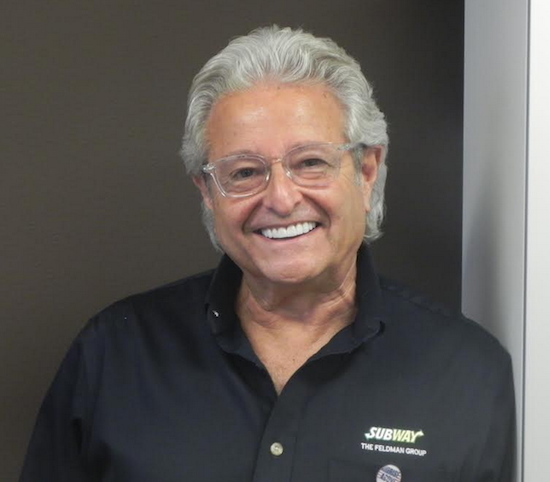Larry Feldman: From House of Representatives’ Deputy Counsel to “sandwich maker”
Brooklynites In Florida

Larry Feldman was born in Brooklyn in 1950 and spent his early childhood in the Projects at 845 Schenck Street.
“As far as Brooklyn contributing to my success? I could be the poster child for Brooklyn, I was poor, but I didn’t know I was poor,” Feldman said in a recent interview with the Brooklyn Eagle.
After graduating from Brooklyn Law School in 1974, Feldman worked at the U.S. House of Representatives, eventually working as Deputy Counsel for the Banking Committee. After several years he made a sudden career change and decided, as he lightly called it, to become a “sandwich maker.” He opened a Subway sandwich shop franchise and 37 years later, Feldman is a resident of Boca Raton, Florida, controlling a sandwich shop empire of 1,500 Subway franchises, including over 300 in Florida alone.